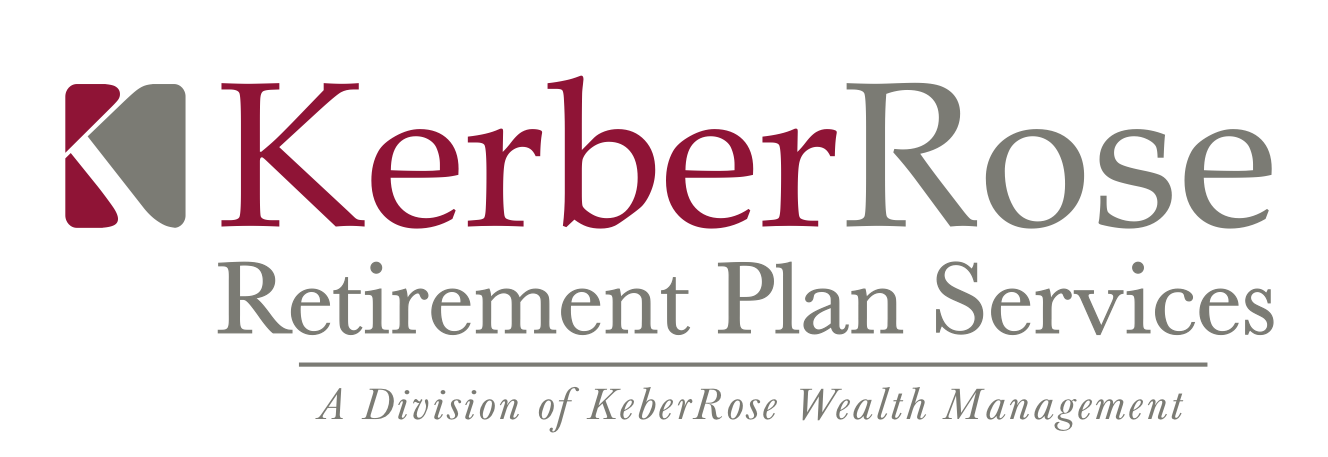In September, the U.S. Department of Labor (DOL) released an Interpretive Bulletin that updates guidance on audits of benefit plans under the Employee Retirement Income Security Act. The updated guidelines intend to help determine when a qualified public accountant is independent for auditing and rendering an opinion on Form 5500. With the new guidance, DOL removes what it describes as certain “outdated and unnecessarily restrictive provisions” and reorganizes other provisions for clarity.
Plan Sponsor Q&A - Q2 2022
Do you Send Participant Notices via Email? Should you?
Every Plan Should Have a Committee Charter and Here’s Why
Although not legally required by ERISA, a retirement plan committee charter is a very important document for plan governance which may help fiduciaries avoid potential liabilities. Committee Charters are one effective way to “evidence” intent of prudent plan management. Having a charter is a “best practice” all plan sponsors should seriously consider.
ERISA 3(38) Fiduciary Services
The Auditors Are Coming — Are You Ready?
Cybersecurity Best Practices for Plan Sponsors
Fiduciary Hot Topics Q2 2021
Fiduciary Hot Topics - Federal District Court Rules Record Keepers May Use Participant Data to Cross-Sell Retail Products; the Biden Administration Plans to Walk Back the Restricting the Use of ESG Funds; Tax Payers will Pick up the Tab for Underfunded Multiemployer Pension Plans for the Next 30 Years; Funding Relief for Underfunded Single Employer Pension Plans and Senate Removes Freeze on 401(k) Inflation Adjustments from ARPA.
Should You Adopt a Plan Committee Charter?
Should Fiduciaries Outsource Retirement Plan Investment Responsibility?
Plan Documents… Save or Purge?
Partial Plan Terminations, 2020, and COVID-19
COVID-19’s impact on employers has caused a massive amount of reductions in force and layoffs nationwide. A consequence of these reductions is the potential for an employer’s qualified plan to experience a partial plan termination. If a partial plan termination requires the full vesting of affected participants.
Safe Harbor Deadlines
Safe harbor 401(k) plans are the most popular type of 401(k) used by small businesses today. Safe harbor 401(k) plans are a great benefit for all employees: by providing a certain contribution to all eligible staff, business owners, and other highly-paid employees, safe harbor 401k plans allow employees to fully save up to IRS limits ($57,000 for 2020, or $63,500 if over age 50).
Allowable Plan Expenses: Can the Plan Pay?
Are Your Participants Experiencing a Fee Imbalance?
Fred Reish, a partner with Drinker Biddle in the Los Angeles office has weighed in on this issue by stating, “While there are no requirements to charge equitable fees, in Field Assistance Bulletin (FAB) 2003-03, the Department of Labor (DOL) indicated that allocating plan expenses is a fiduciary decision that requires fiduciaries to act prudently… Whatever allocation method is used, failure by fiduciaries to engage in a prudent process to consider an equitable method of allocation of plan costs and revenue sharing would be imprudent and a breach of fiduciary duty.”
Beware of the IRS and DOL: Four Red Flags They Seek on Form 5500
The Form 5500 is an ERISA requirement for retirement plans to report and disclose operating procedures. Advisors use this to confirm that plans are managed according to ERISA standards. The form also allows individuals access to information, protecting the rights and benefits of the plan participants and beneficiaries covered under the plan.
Complying with ERISA 404(c)
A Comparison of Mutual Funds and Collective Investment Trusts
Target Date Funds and Fiduciary Obligations
Target date funds (TDFs) — which rebalance investments to become more conservative as a fixed date approaches — are a convenient way for plan participants to diversify their portfolios and reduce volatility and risk as they approach retirement, making them an increasingly popular choice. However not all TDFs are created equal, and selecting and monitoring them can pose unique challenges for plan sponsors and fiduciary advisors.




















